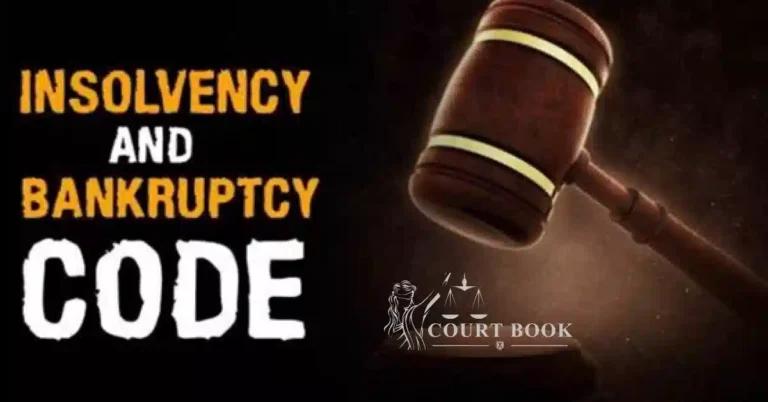The Madras High Court has held that Resolution Professionals (RPs) appointed under the Insolvency and Bankruptcy Code (IBC) fall within the definition of public servants under the Prevention of Corruption Act, 1988, thereby directing the Insolvency and Bankruptcy Board of India (IBBI) to grant sanction for prosecution without delay.
The order was delivered on 04 August 2025 by Justice D. Bharatha Chakravarthy while disposing of a criminal original petition filed by Anil Kumar Ojha, former Managing Director of M/s SLO Industries Limited.
Read also:- Himachal Pradesh High Court Upholds Conviction of Digvijay Singh in NDPS Case
Case Background
The petitioner had earlier approached the Court seeking a direction to register a case based on his complaint dated 13 August 2021. The complaint alleged serious irregularities in the company's accounts after it was taken over by the Interim Resolution Professional (IRP) and later placed under liquidation.
According to the liquidator's findings, a massive difference of ₹625.25 crores was noticed in the inventory, raising suspicion of mismanagement and potential fraud.
Following this, the CBI registered FIR No. RC0322023A0020/2023, but the final report was delayed due to pending sanction from the IBBI.
Read also:- Punjab Government Submits Progress Report on Jail Security, SIT Status Report Filed in Court
Arguments Before the Court
- The Special Public Prosecutor for CBI submitted that investigation was complete, but the sanction was withheld as the matter on whether RPs are public servants was pending before the Supreme Court.
- Counsel for the Resolution Professional relied on earlier Supreme Court rulings, including Swiss Ribbons Pvt. Ltd. v. Union of India and Essar Steel v. Satish Kumar Gupta, to argue that RPs only perform administrative roles and cannot be equated to public servants.
- The IBBI maintained that due to conflicting High Court judgments - Delhi High Court ruling that RPs are not public servants, while Jharkhand High Court held the opposite - the sanction was stalled pending Supreme Court’s final word.
Read also:- Supreme Court to Decide If Merchant Navy Salary in Indian Accounts Is Taxable
The Madras High Court disagreed with the Delhi High Court’s interpretation, holding that RPs indeed perform duties connected with the administration of justice as authorised by the National Company Law Tribunal (NCLT).
Quoting from the judgment, Justice Bharatha Chakravarthy stated:
"A Resolution Professional performs duties in connection with the administration of justice being authorised by a Court of Justice. He is a person from whom a report is called for by a competent public authority, and he performs a public duty. Therefore, Resolution Professionals will be public servants within the meaning of Section 2(c)(v), (vi) and (viii) of the Prevention of Corruption Act, 1988."
The Court also cited the Supreme Court’s ruling in Dilip B. Jiwrajka v. Union of India (2024), which elaborated the extensive duties of an RP, including collection of assets, management of debtor operations, and submission of critical reports to the adjudicating authority.
Read also:- Supreme Court Upholds Election of Kova Laxmi, Dismisses Plea Over Income Disclosure
The Court directed the Insolvency and Bankruptcy Board of India to:
- Consider the file submitted by the CBI for sanction under the Prevention of Corruption Act,
- Decide on its merits within four weeks, and
- Ensure that the CBI files its final report within another four weeks thereafter.
Case Title: Anil Kumar Ojha v. State Rep. by Inspector of Police, CBI ACB, Chennai & Others
Case Number: Crl.O.P. No. 16812 of 2025















